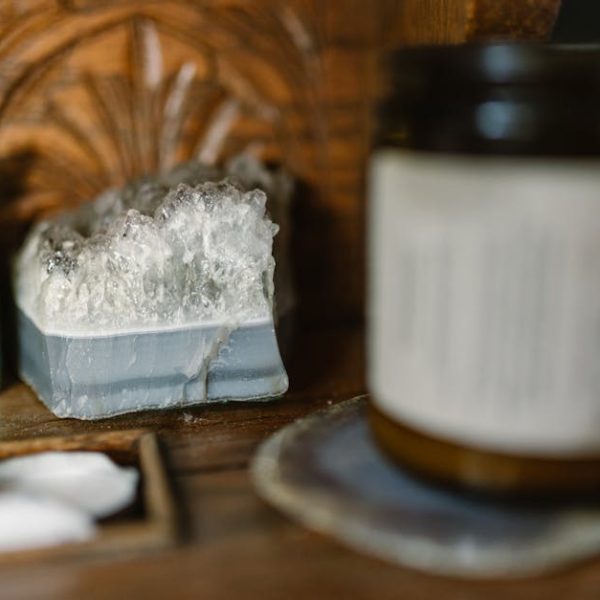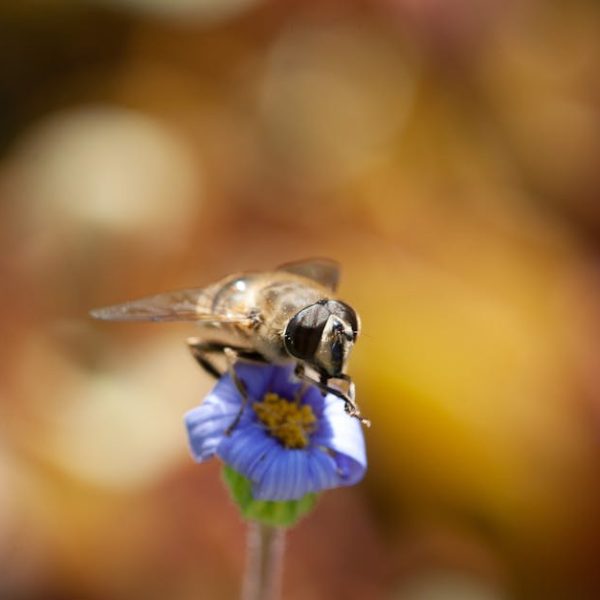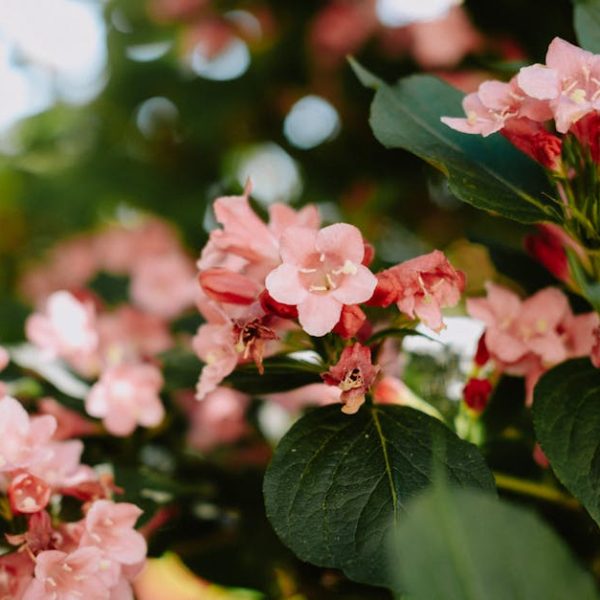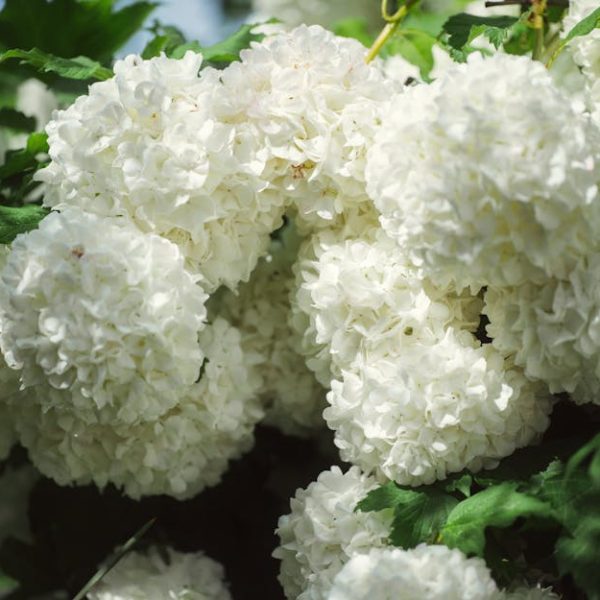Raspberry bushes are a favorite for many gardeners, not just for their delicious fruits, but also for the delightful sight they add to your backyard. Proper and timely fertilization plays a key role in ensuring the growth and productivity of these garden beauties. In this article, we will walk through the best practices when it comes to the optimal timing for fertilizing raspberry bushes.
Understanding the Importance of Fertilizing Raspberry Bushes
Fertilizing raspberry bushes boosts their vitality and overall productivity. Raspberry bushes need essential nutrients such as Nitrogen (N) – for healthy leaf development and plant size, Phosphorus (P) – for root growth, flowering and fruiting, and Potassium (K) – for overall plant vigor and disease resistance. The correct timing and amount of fertilization can lead to healthier plants and more succulent, flavor-packed berries.
Best Season to Fertilize Raspberry Bushes: Spring vs Fall
In general, there are two optimal times to fertilize your raspberry bushes – in the Spring and Fall. Applying fertilizers in the Spring boosts the plants’ growth and yields more delicious berries. A tip for efficient fertilization – apply the first phase of fertilizers just before new growth begins in early spring.
On the other hand, Fall fertilization, although not as common as Spring, prepares the plants for the next growing season. It replenishes the nutrients lost during the fruiting season and strengthens the plant for winter. However, Fall fertilization should be done early enough so that there’s no new growth that might be killed by winter frost.
Tailoring Fertilization to Specific Raspberry Varieties
Are all raspberry bushes created equal? Not when it comes to their fertilization needs. Different varieties of raspberries (summer-bearing, fall-bearing, ever-bearing) may have specific nutrient requirements and growth cycles. For instance, summer-bearing varieties, which produce one crop per season, could benefit more from spring fertilization. Fall-bearing raspberries may need extra nutrients before their autumn harvest. Everbearing varieties, that crop two times in a year, may benefit from both Spring and Fall fertilization.
To optimize your raspberry bush fertilization, you need to:
- Identify your raspberry variety
- Understand its growth cycle and berry production period.
- Apply the appropriate fertilizers at the right time in tune with the plant’s unique biology.
Understanding Plant Signals for Fertilization
When it comes to fertilizing raspberry bushes, observation is key. Pay close attention to the plant’s growth, leaf color, berry production, and overall vigor. If you notice slowed growth, yellowing leaves, or decreased berry production, it might be a sign your raspberry bushes need a nutrient boost. Remember, the health of your raspberry bushes is a reflection of their feeding schedule. Stay on top of their feeding needs and you can enjoy a bountiful berry harvest.
Choosing the Right Fertilizers for Raspberry Bushes
Choosing the right fertilizer for your raspberry bush can be daunting, but it doesn’t have to be. Basically, fertilizers can be categorized into two types – organic and synthetic. Organic fertilizers, derived from plant or animal sources, release nutrients slowly and improve soil structure. Synthetic fertilizers provide nutrients instantly, but have no soil-building capabilities.
Your choice of a suitable fertilizer should consider elements such as the nutrients analysis (N-P-K ratio), application method, and the plant’s specific nutrient needs. Keep in mind that raspberry bushes prefer slightly acidic soil, so try to choose a fertilizer that also helps maintain a desirable pH level.
Implementing Safe and Effective Fertilization Practices
Once you’ve chosen the right fertilizer and timing, it’s important to use safe and effective fertilization practices. Here are a few tips:
- Always water thoroughly before and after application to enable nutrient absorption and prevent root burn.
- Keep the fertilizer at least 2 inches away from the plant base to avoid damage.
- Follow package directions to ensure you’re using the correct dosage. Over-fertilization can lead to poor fruit production and weak, overgrown vegetation.
Remember, wisdom lies in balance. The idea is not to overload the plants with nutrients, but to ensure they have what they need to thrive.
Optimal Measurement
For a rough guideline, apply about 2 oz of 10-10-10 fertilizer per plant in early Spring for younger plants, doubling the amount for mature plants. Remember, over-fertilization can be harmful. If possible, get a soil test to understand the exact needs of your soil.
Conclusion
Now you are equipped with the knowledge on when and how effectively to fertilize your raspberry bushes. Keep in mind the variety of your bush, observe its health regularly, tailor your fertilization process and, of course, choose an appropriate fertilizer. With the right care, your raspberry bushes will reward you with a bountiful harvest year after year. Happy gardening!
Key Takeaway:
- Fertilizing raspberry bushes at the optimal time is crucial for their health and productivity, with both Spring and Fall considered beneficial depending on the variety and specific plant needs.
- Understanding the specific signals that your raspberry bushes give can indicate when they require more nutrients, thus benefiting growth and harvest.
- Choosing the correct type of fertilizer, either organic or synthetic, based on nutrient analysis and application method, greatly impacts the overall success of raspberry production.
- Following safe and effective fertilization practices ensures optimal nutrient absorption and prevents plant damage.
When it comes to gardening, it’s all about understanding your plants and their specific needs. With diligence and observations, you can master the optimal timing for fertilizing your raspberry bushes, resulting in healthier plants and a bountiful harvest. As you continue to learn, remember that every step taken is a step towards a greener thumb.
FAQs
Q: How often should I fertilize my raspberry bushes in a season?
A: It’s generally recommended to fertilize your raspberry bushes once in early spring. However, depending upon the variety and its specific nutrient needs, a second fertilization might be required in the Fall.
Q: Can I use the same fertilizer for all berry bushes?
A: While many berry bushes share similar nutrient needs, it’s best to understand the specific requirements of each type. Some may require more of certain nutrients compared to others.
Q: I don’t have access to a soil test, how can I gauge how much fertilizer to apply?
A: In the absence of a soil test, follow the guidelines provided on the fertilizer package and adjust based on the health and growth of your raspberry bushes.
Q: Should I always use both organic and synthetic fertilizers?
A: No, this depends on your preference and the specific needs of your plants. Both types have their advantages, but it’s essential to choose what best suits your plants’ needs.
Q: Can I harm my raspberry bushes by over-fertilizing?
A: Yes, over-fertilization can lead to poor fruit production and weak vegetation. It can even burn the plant roots.
Explore more posts on our website for tips on caring for your garden and remember to share this article with fellow gardening enthusiasts. Happy gardening!






